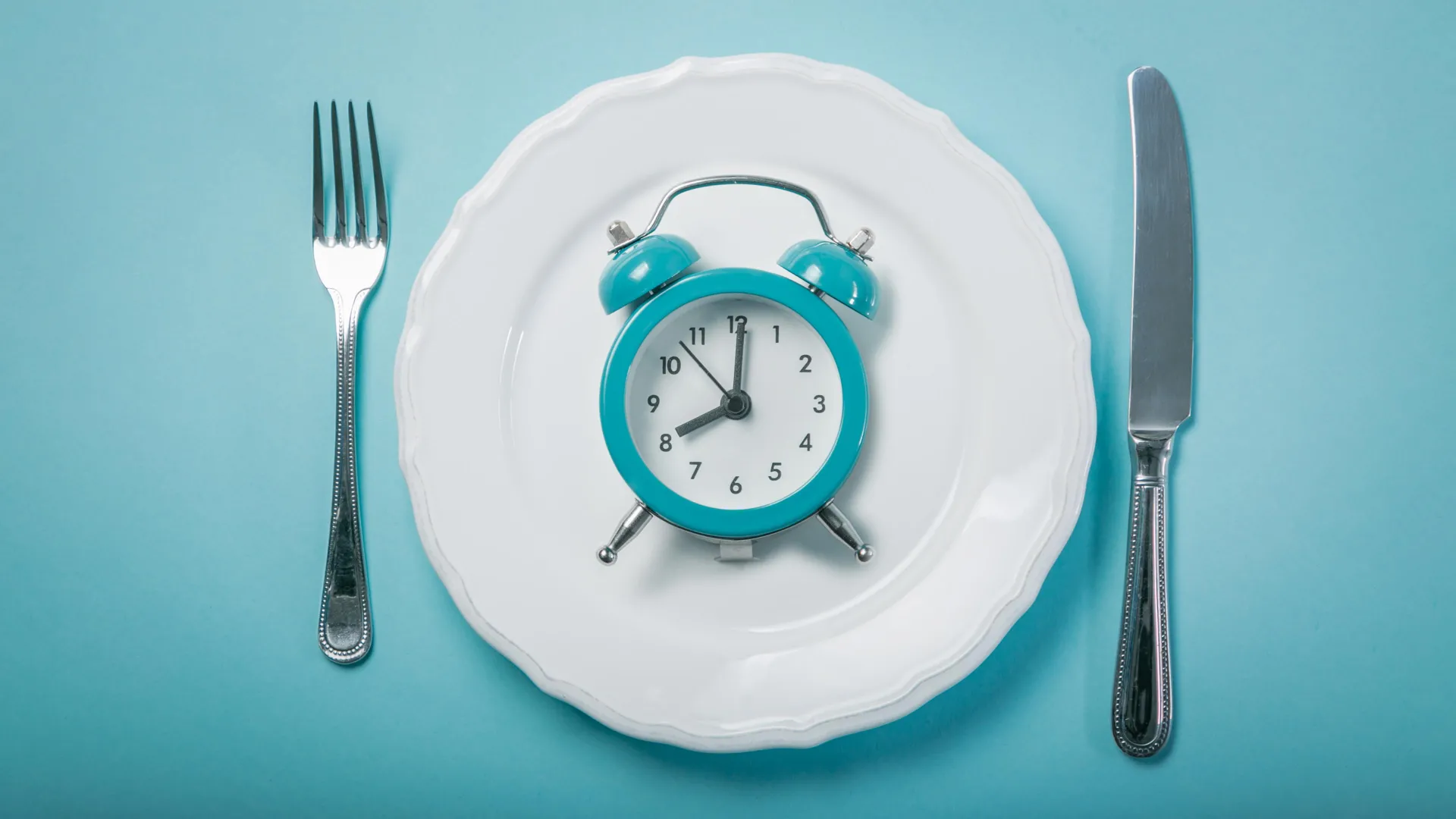Early Breakfast May Help You Live Longer – New Harvard Study Reveals Timing Secrets
A groundbreaking Harvard study has revealed that when you eat breakfast matters more than you think. Researchers found that later breakfast timing was consistently associated with having physical and mental health conditions such as depression, fatigue, and oral health problems. The timing of your morning meal could be a simple marker of your overall health status.
New Research Links Breakfast Time to Life Span
Scientists studied over 2,900 adults for more than 20 years to understand how meal timing affects health and longevity. The study found that the late eating group had 10-year survival rates of 86.7% compared to 89.5% in the early eating group. This means eating breakfast early gives you a better chance of living longer.
The research team discovered something important about aging patterns. As older adults age, they tend to eat breakfast and dinner at later times, while also narrowing the overall time window in which they eat each day. This shift might signal declining health over time.
Health Problems Linked to Late Breakfast
People who eat breakfast late face several health challenges:
- Mental Health Issues: Late breakfast eaters show higher rates of depression and mood problems
- Physical Fatigue: These individuals report feeling more tired throughout the day
- Oral Health Problems: Dental and mouth health issues become more common
- Sleep Difficulties: Poor sleep quality often accompanies late eating patterns
- Meal Preparation Struggles: Difficulty preparing meals becomes a concerning sign
Later breakfast time was consistently associated with having physical and mental health conditions such as depression, fatigue, and oral health problems. These findings suggest that breakfast timing serves as an easy health indicator.
Death Risk Increases with Late Breakfast
The study revealed alarming statistics about mortality risk. Later breakfast timing was associated with an increased risk of death during follow-up. Each hour of breakfast delay can increase death risk significantly.
Research suggests that people who eat breakfast around 7:50 AM have better survival rates in the following decade. Later meal timing, especially delayed breakfast, is tied to both health challenges and increased mortality risk in older adults.
Why Early Breakfast Helps You Live Longer
Your body’s internal clock plays a crucial role in health outcomes. People genetically wired as “night owls” naturally prefer later meal times, but this preference may work against their health as they age.
Early breakfast eaters typically show:
- Better mental health scores
- Higher energy levels throughout the day
- Improved oral health markers
- More consistent sleep patterns
- Better overall physical condition
Simple Health Marker for Doctors and Patients
Changes in when older adults eat, especially the timing of breakfast, could serve as an easy-to-monitor marker of their overall health status. Healthcare providers can now use meal timing patterns as early warning signs.
This discovery has practical applications. Doctors can ask patients about breakfast timing during routine checkups. Patients can monitor their own eating patterns as a simple health indicator.
What This Means for Your Daily Routine
The research adds new meaning to the old saying about breakfast being the most important meal of the day. These results add new meaning to the saying that ‘breakfast is the most important meal of the day,’ especially for older adults.
For optimal health outcomes, aim to eat breakfast earlier in the day. This simple change could contribute to better mental health, more energy, and potentially longer life. The study suggests that maintaining consistent meal schedules becomes increasingly important as we age.
The findings also raise questions about popular eating trends like intermittent fasting and time-restricted eating, particularly for older adults who may respond differently than younger people to delayed meal timing.







